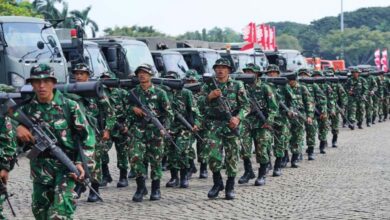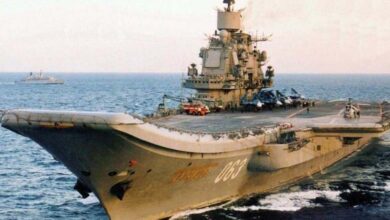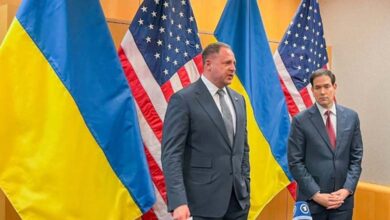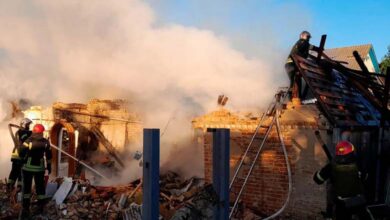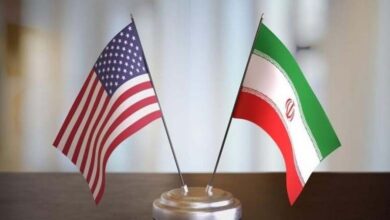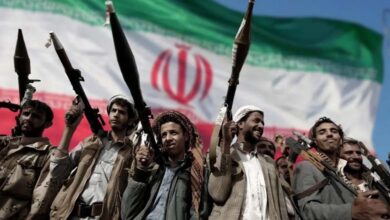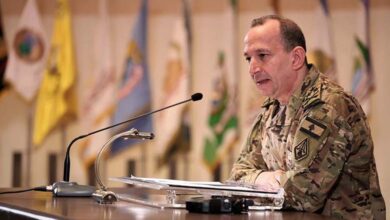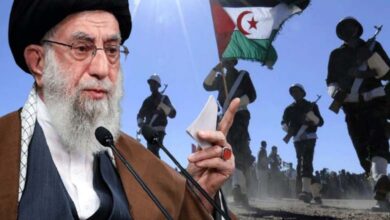The Mistakes of Afghanistan: How to Avoid Them in Syria?
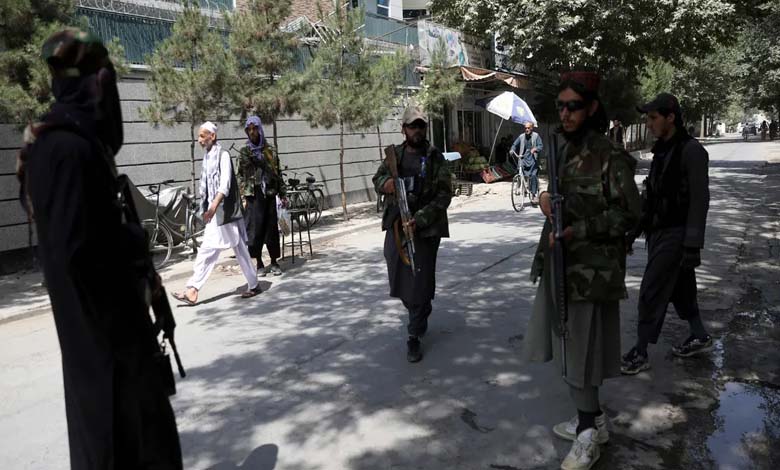
The new Syrian administration has few models to follow in its quest for international recognition.
There are no clear guidelines on managing a government tied to groups designated as terrorist organizations, nor any established rules for foreign governments on how to bring a former branch of al-Qaeda out of isolation. However, the new Syrian administration, led by Hay’at Tahrir al-Sham (HTS), and the global community can learn from the Taliban‘s return to power in Afghanistan in 2021.
-
Turkey to transfer Syrian mercenaries from Libya to Afghanistan
-
Most of Them from Turkey and Syria… The Federal Ministry of Justice Reveals the Number of “Daesh Children” in Iraq
After the Taliban seized Kabul, Afghanistan suffered from sanctions and other forms of economic and diplomatic isolation. Governments worldwide failed to act swiftly and boldly to alleviate the country’s poverty crisis. Economic sanctions did not impact the Taliban but pushed Afghans into famine.
Most countries refused to negotiate with the Taliban in ways that could promote women’s rights or other international standards. Instead, they chose to wait and see if the new Afghan leaders would act independently.
-
“Daesh Khorasan” Emerges in Afghanistan
-
Report: Al-Qaeda reorganizes its ranks in Afghanistan through secret efforts… How?
Last month, foreign officials engaged more deeply with Hay’at Tahrir al-Sham than they did with the Taliban. HTS encouraged this dialogue by demonstrating political and ideological flexibility. However, according to the American magazine Foreign Affairs, the world seems to be repeating many of the same mistakes made in Afghanistan.
Western officials appear intrigued by the “new Syria,” but without implementing measures to revive its economy after years of crisis since 2011.
-
A British government program to support refugees from Syria, Sudan, and Yemen and integrate them into the job market
-
Closing the Syrian-Iraqi Borders: What Is Iran Aiming for?
The United States and its partners must act quickly to mitigate the harsh impacts of sanctions on Syria. They should establish a clear pathway to lifting these sanctions and diplomatically recognizing HTS in exchange for concrete commitments from the new leaders. Western hesitation risks driving the country toward collapse and losing the opportunity to convince former rebels to stay on the right track.
Lessons from Afghanistan:
- Alleviating Humanitarian Suffering:
The impact of sanctions must be addressed promptly. Following Kabul’s fall, it took six months before foreign governments acted. Washington granted major exemptions to sanctions, while the UN stabilized Afghanistan’s economy by sending cash shipments for humanitarian operations. - Providing Clear Conditions for Recognition:
The lack of precise guidelines limited international interactions with the Taliban. Western demands for women’s rights or an inclusive government remained vague and ineffective.
-
Turkey: Thousands of Syrians try to escape Erdogan’s hell
-
What is the strength of ISIS in Afghanistan, and can it be eradicated?
Like the Taliban, Syria’s new leaders come from a movement once affiliated with terrorist organizations such as al-Qaeda and, before that, ISIS. Hay’at Tahrir al-Sham emerged in 2017 after merging several armed groups around the al-Nusra Front, established by Ahmad al-Sharaa (Abu Mohammad al-Joulani).
However, HTS differs from the Taliban: its leaders hail from urban areas, are educated, and seek greater integration into global networks. HTS has tried to sever its ties with enemies of the West, focusing on fighting Assad‘s regime and Russia.
-
Taliban, ISIS fight for control of Afghanistan – details
-
In coordination with Qatar – Turkey decides to transfer mercenaries from Libya and Azerbaijan to Afghanistan
Since 2017, HTS has governed Idlib with certain religious restrictions but has been generally more tolerant than the Taliban. The leaders have adopted a conciliatory tone, pledging to respect minority rights and integrate all sectors of society into official structures.
However, HTS faces major challenges: it remains designated as a terrorist organization by the UN, EU, UK, Turkey, and other influential actors. Additionally, sanctions imposed on Syria itself, combined with other factors, worsen economic collapse and the humanitarian crisis.
Without easing sanctions, poverty will rise, obstructing aid delivery and creating a crisis surpassing Afghanistan’s.
-
Is Turkey transferring its mercenaries in Libya to Afghanistan?
-
Qatari dissatisfaction with US administration’s neglect of Sudan and Syria
-
Attack on Syrian refugee shops in Turkey following an altercation


